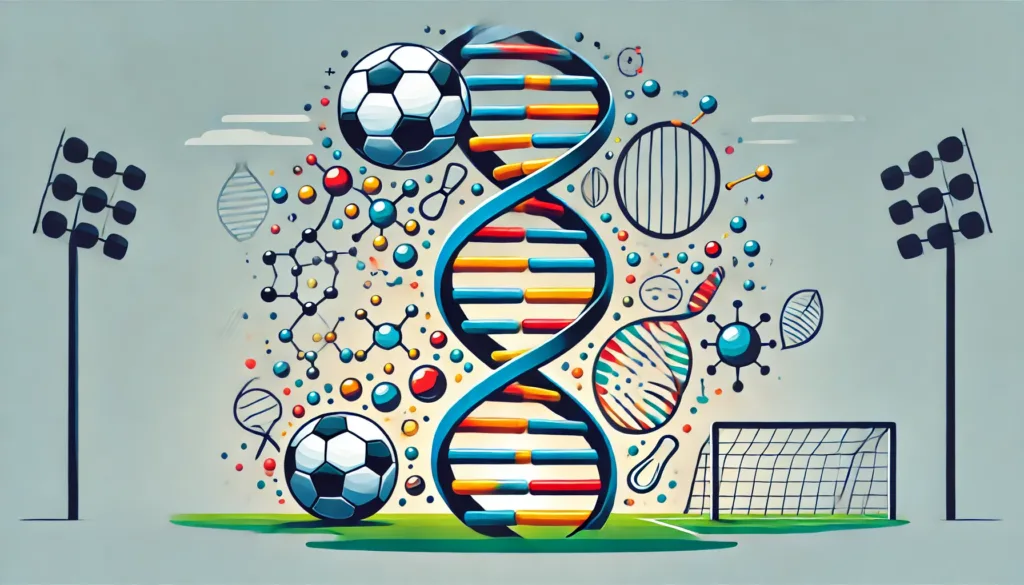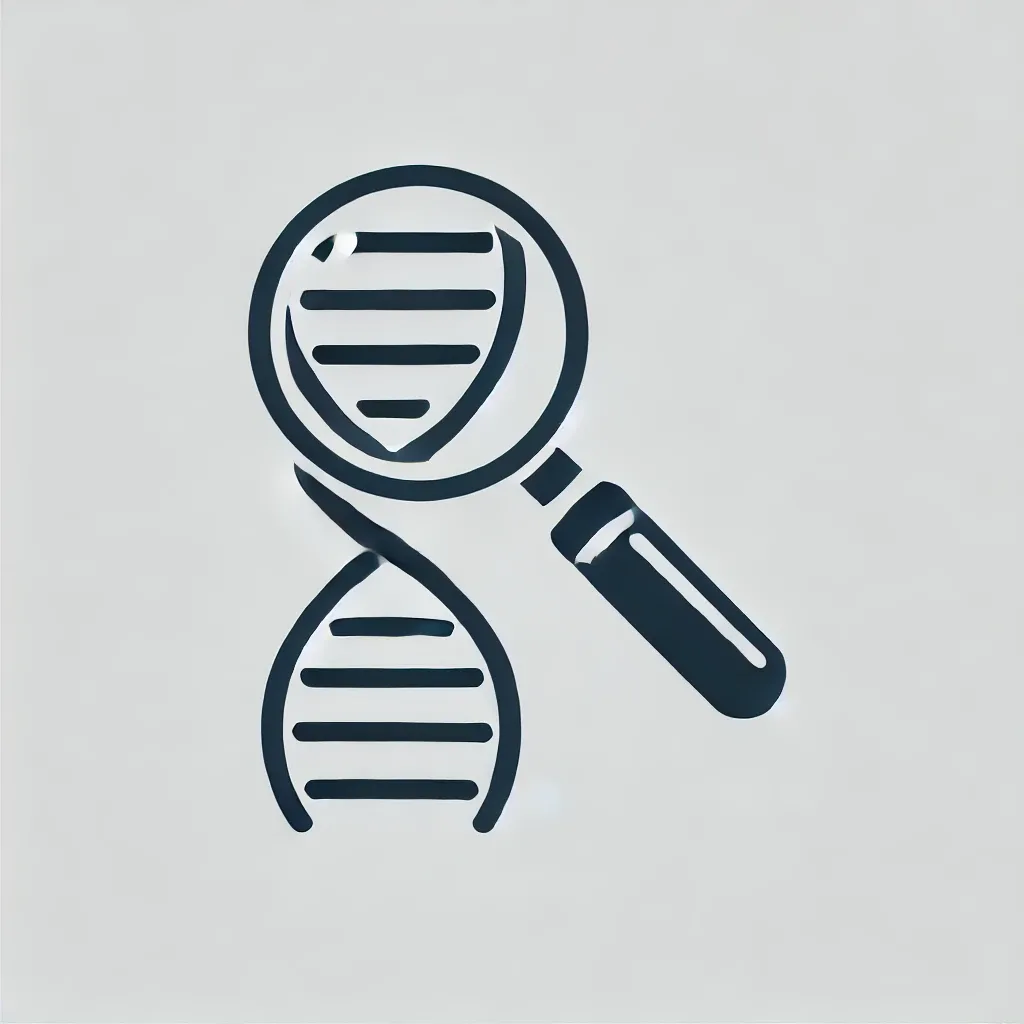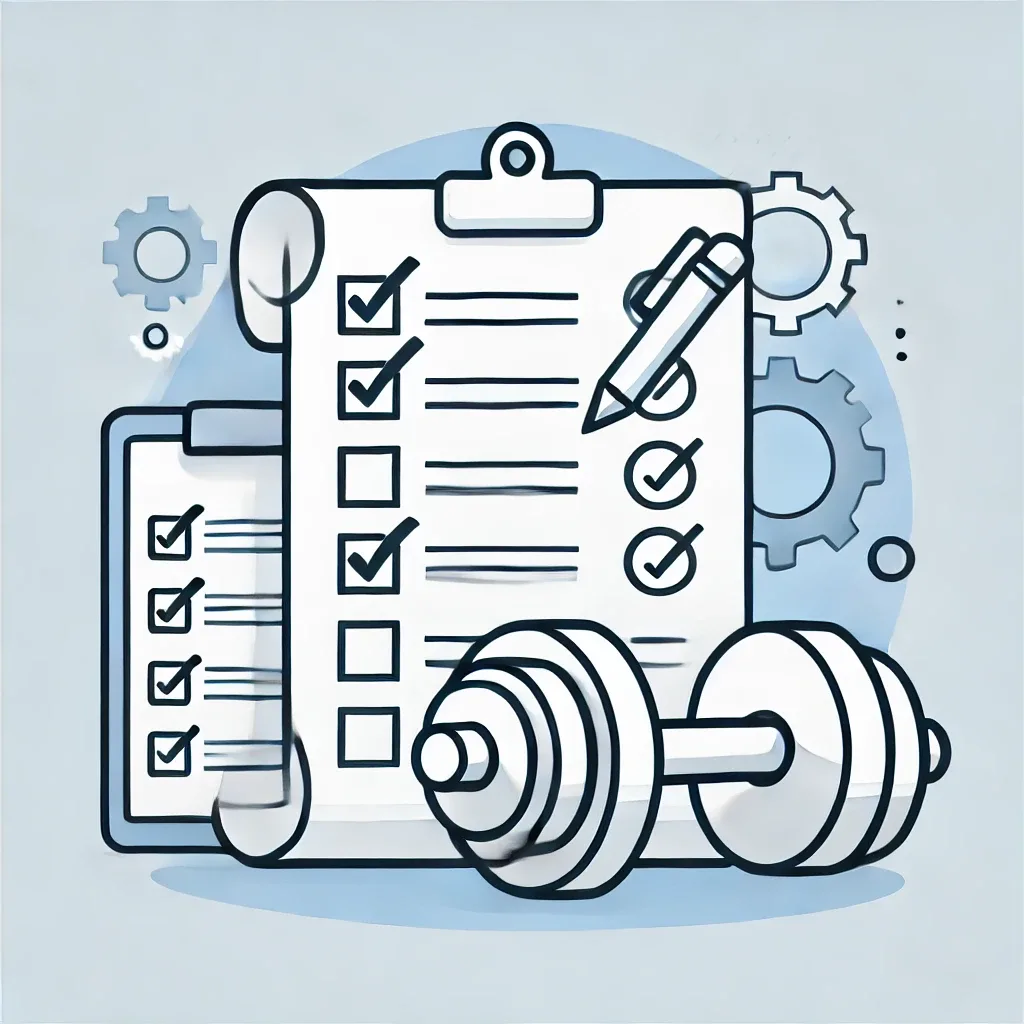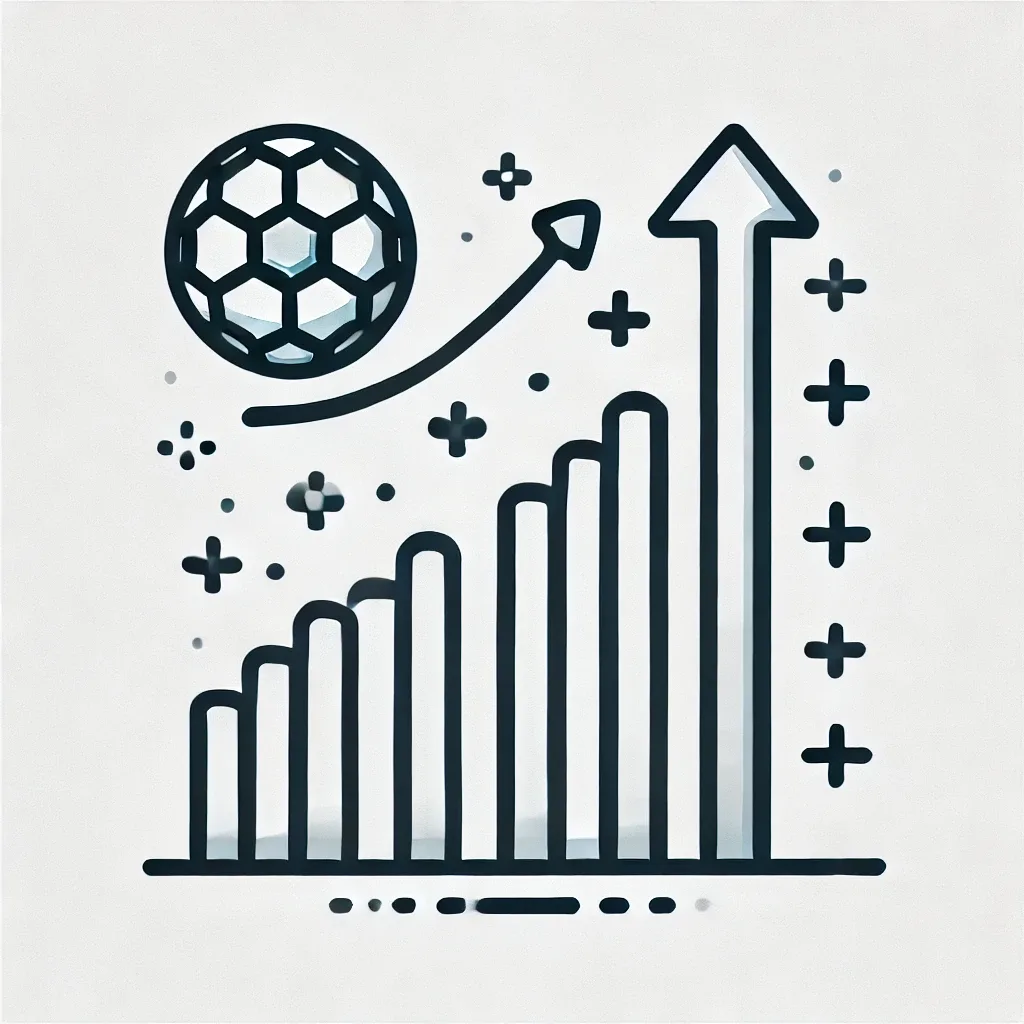
Procedure for DNA-Based Health and Development Plans for Football Players
Unlock the power of your unique genetic blueprint with our personalized DNA Custom Development Plans. By analyzing your genetic profile, we create tailored programs that optimize your health, performance, and well-being. Whether you aim to enhance athletic performance, improve recovery, or design a lifestyle that aligns with your genetic strengths, our evidence-based approach ensures actionable insights and results. Take control of your future with a plan as unique as your DNA.
Step 1: Client Onboarding
- Initial Meeting: Discuss goals, training habits, and collect genetic test results.
- Consent and Agreement: Ensure understanding of data use; sign consent.
Step 2: Genetic Data Analysis
- Key Insights:
- Performance: ACTN3 (muscle composition), PPARGC1A (endurance potential).
- Injury Risk: COL5A1, COL1A1 (tendon health), GDF5 (joint health).
- Nutrition: MTHFR (folate metabolism), FTO (fat response), CYP1A2 (caffeine metabolism).
- Recovery: IL6 (inflammation), COMT (stress resilience).
- Summary Report: Practical, actionable recommendations.
Step 3: Plan Development
- Custom Training: Tailored to genetic strengths (e.g., sprint vs. endurance drills).
- Diet & Nutrition: Personalized meal plans addressing genetic markers.
- Injury Prevention: Targeted exercises and recovery protocols.
- Mental Development: Stress and focus techniques.
Step 4: Plan Delivery
- Presentation: Explain the plan with a user-friendly guide.
- Resources: Provide trackers, templates, and schedules.
Step 5: Implementation and Monitoring
- Initial Support: Help the player start and adjust as needed.
- Regular Check-Ins: Evaluate and tweak every 4–6 weeks.
Step 6: Long-Term Development
- Reassessment: Update plans every 6–12 months.
- Ongoing Support: Provide consultations and motivation.








